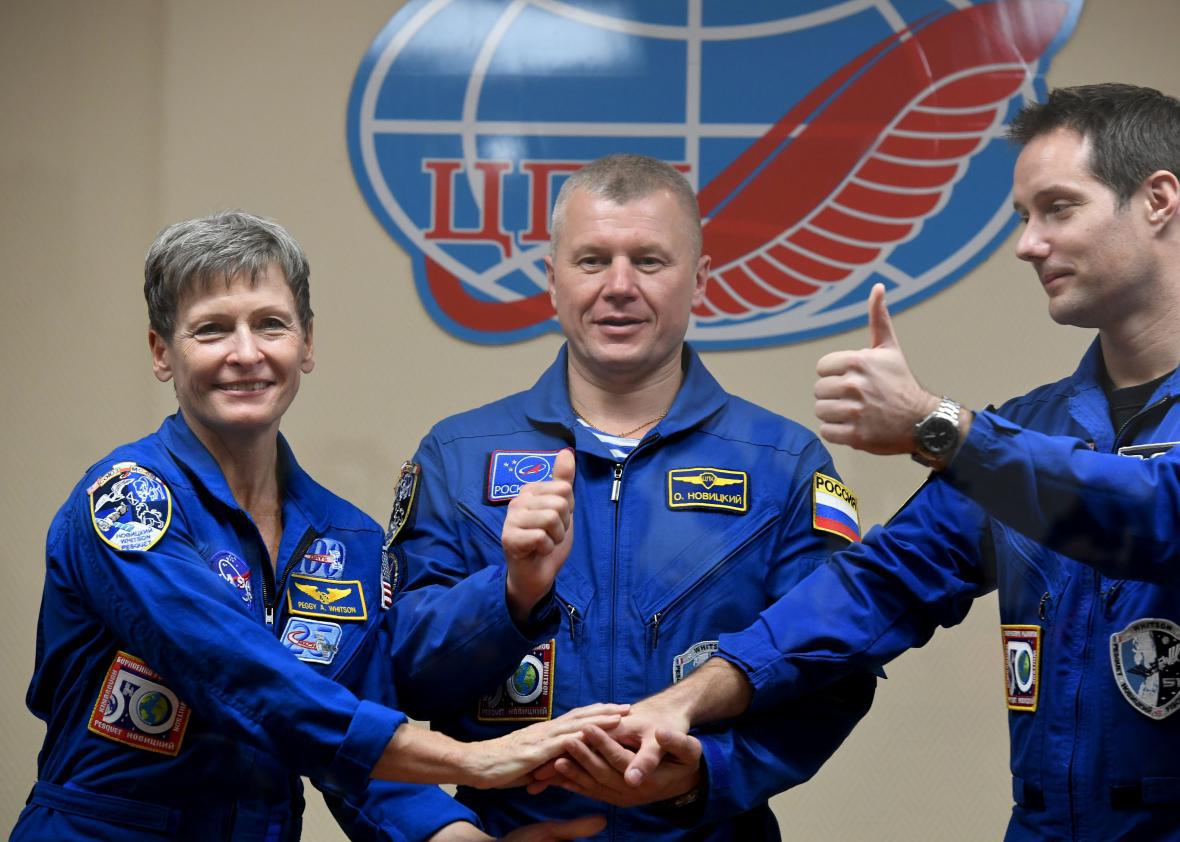Greetings, Future Tensers,
Nothing gets me in the spirit of International Woman’s Day quite like reading two accomplished female leaders on the future of space exploration. Lindy Elkins-Tanton, director of the School of Earth and Space Exploration at Arizona State University, and Ellen Stofan, the former chief scientist of NASA, continue our March Futurography unit on the “New Space Race” by exploring the role of competition and collaboration in space endeavors. Elkins-Tanton writes that the purpose of space exploration is more than just scientific discovery—it’s about inspiration. She warns that if India or China beats the U.S. to Mars, it would be akin to a military defeat. Stofan says that we won’t get to our next big space milestone without international collaboration, writing, “When you are exploring space, going it alone has never been, and will never be, an option.”
On a more terrestrial note, WikiLeaks has released thousands of new documents detailing the CIA’s hacking capabilities. The document dump shows the CIA’s ability to hack smartphones, computers, and smart TVs—not just your AOL email accounts. (I’m looking at you, Vice President Pence.)
Other things we read this week while testing our reading comprehension before trolling the comments section:
- When A.I. can’t be trusted: Using Google’s Home smart speaker and Uber’s self-driving cars as examples, Will Oremus discusses the consequences of releasing consumer technologies with A.I. too soon.
- Wikipedia’s battle over short articles: If you, like so many, turn to Wikipedia for quick answers, you should be wary of how volunteer editors interpret Wikipedia’s policies in favor of longer articles.
- Cyber extortion: Josephine Wolff argues that no one should pay hackers holding data for ransom unless it’s a life or death situation.
- The origins of the rubella vaccine: Meredith Wadman, author of The Vaccine Race: Science, Politics, and the Human Costs of Defeating Disease, shares the untold story of the aborted fetus that helped created the rubella vaccine.*
- Prenatal testing: Read an excerpt from Bonnie Rochman’s new book, The Gene Machine, on how prenatal genetic testing will change the way we procreate and the ethical dilemmas it raises for us.
Sent from my iPhone,
Emily Fritcke
For Future Tense
*Correction, March 9, 2017: This post originally misspelled Meredith Wadman’s last name.
